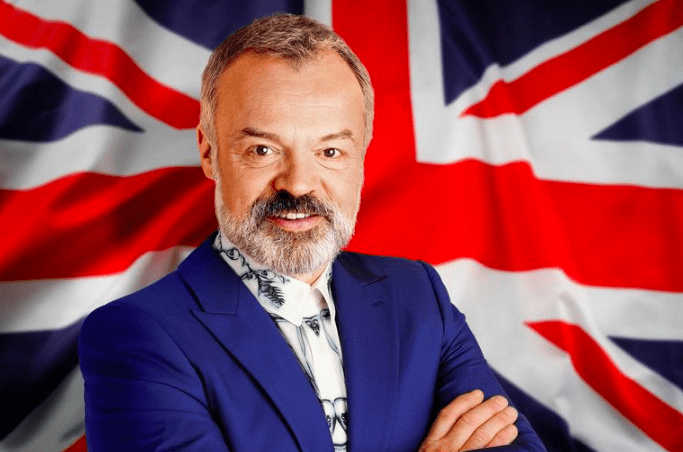After cancelling the annual performance competition due to the COVID-19 pandemic, organisers of the Eurovision Song Contest are considering an ‘alternative’ show.
The 2020 contest would have seen performers from 41 countries gather with 16,000 fans at Rotterdam’s Ahoy Arena to compete for the songwriting trophy.
Although still under discussion, the format of the programme will not be competition, but will instead ‘honour the songs and artists’ due to take part in the original contest this May. “With that in mind,” organisers said, “this year’s songs will not be eligible to compete when the contest returns.”
“Participating broadcasters may decide which artist(s) to send in 2021, either this year’s or a newly chosen one.”
Georgia, the Netherlands, Spain and Azerbaijan have already confirmed their artists will return next year. There has been no indication on whether the UK’s entrant, James Newman, will get a second chance.
Fans of the annual event have been left thoroughly disappointed since 2020 is the first year that Eurovision has not taken place since it first aired in 1956.
After the Dutch government banned large public gatherings, the European Broadcasting Union made the decision to call off the event to protect the “health of artists, staff, fans and visitors”.
The event’s executive supervisor, Jon Ola Sand, added: “We are very proud of the Eurovision Song Contest, that for 64 years has united people all around Europe.
“We regret this situation very much,” he added, but promised the event would return “stronger than ever” next year, preferably in the Netherlands, which won the contest in 2019.
Newman, said he was “gutted not to be going to Rotterdam” but recognised it was “more important for everyone to remain safe during these unprecedented times”. The decision to stage an alternative event came just 48 hours after Eurovision was called off, and was prompted by the “overwhelming” response of fans.
“The EBU is very aware of how much the Eurovision Song Contest will be missed,” organisers explained.
“The contest’s values of universality and inclusivity, and our proud tradition of celebrating diversity through music, are needed more than ever right now.”
They said they hoped the alternative programme would “help unite ands entertain artists around Europe at this challenging time”.
“We ask for your patience while we work through ideas in the coming days and weeks,” the statement concluded.
The latest update from BBC states:
In new scheduling changes announced by the BBC today (March 24), it has been confirmed that the planned BBC coverage of the contest will be replaced by a special Eurovision broadcast called Eurovision: Come Together.
Hosted by Graham Norton, the show will feature classic Eurovision performances aiming to unite the country in such uncertain times.
It will also give viewers an insight into what the 2020 contest would have looked like, alongside a number of interviews, including one with this year’s planned UK entry James Newman.
Image source: BBC

